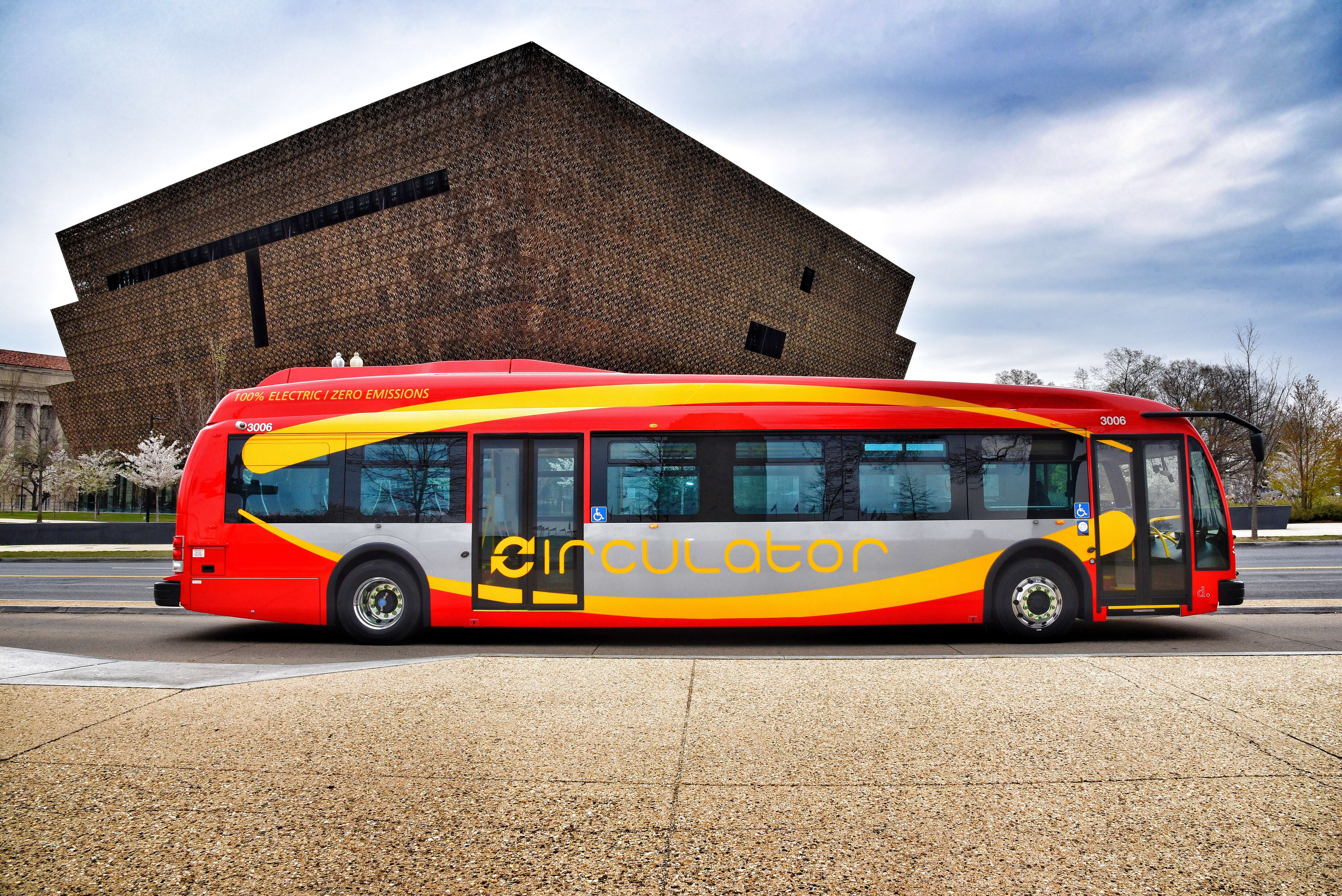The transportation industry is responsible for a significant portion of greenhouse gas emissions worldwide, with commercial transportation accounting for a large portion of these emissions. As a result, there is a growing interest in electrifying commercial transportation to reduce emissions and combat climate change. Electric trucks and buses are among the most promising technologies for reducing emissions in the commercial transportation sector.
Electric trucks and buses use electric motors powered by batteries, which produce zero emissions at the point of use. This makes them much cleaner than traditional diesel-powered vehicles, which produce significant amounts of greenhouse gas emissions and contribute to air pollution. In addition, electric trucks and buses can be charged using renewable energy sources, such as wind or solar power, further reducing their carbon footprint.
One of the most significant advantages of electric trucks and buses is their potential to reduce operating costs. Electric vehicles have lower fuel and maintenance costs than traditional vehicles, as they require less maintenance and have fewer moving parts. In addition, electric vehicles can be charged using electricity from the grid, which is often cheaper than diesel or gasoline. This can lead to significant cost savings for businesses that operate fleets of trucks and buses.
Electric trucks and buses also have the potential to improve air quality in urban areas. Diesel-powered vehicles are a major source of air pollution, which can have negative impacts on human health. Electric vehicles produce no tailpipe emissions, which can help to improve air quality and reduce the risk of respiratory problems in urban populations.
There are also several challenges to electrifying commercial transportation, including the high cost of batteries and charging infrastructure. However, as the cost of batteries continues to decrease and the demand for electric vehicles increases, these challenges are becoming less significant. In addition, governments and private companies are investing in charging infrastructure to support the widespread adoption of electric trucks and buses.
Despite these challenges, the potential benefits of electrifying commercial transportation are significant. Electric trucks and buses can help to reduce greenhouse gas emissions, improve air quality, and lower operating costs for businesses. As the technology continues to evolve and become more affordable, it is likely that we will see a significant increase in the adoption of electric trucks and buses in the coming years.
Read more here:

